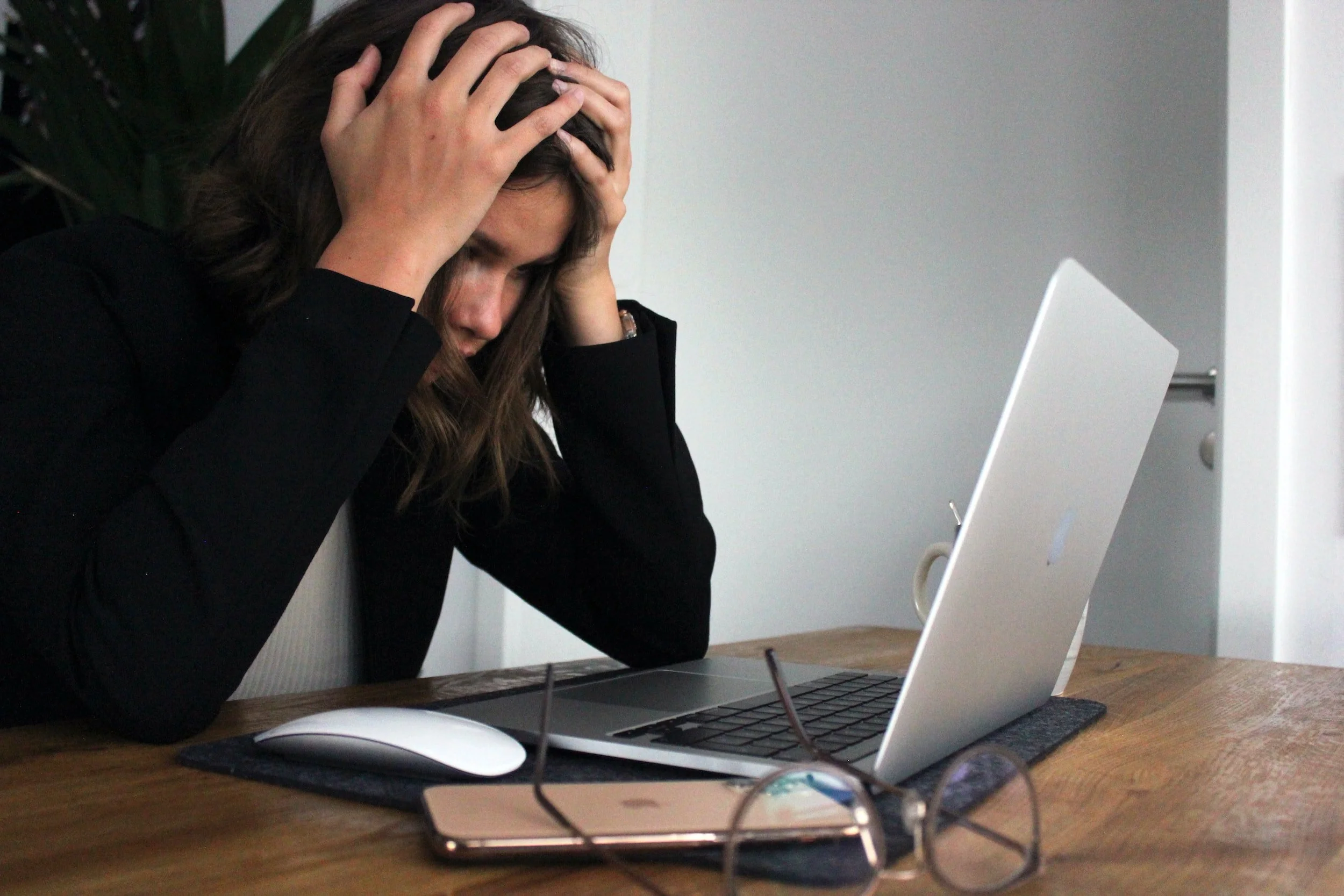Summer planning often feels like a high-pressure project for parents. Should your teen be in camps? Working a job? Catching up on academics? Traveling? Resting? With so many options—and so many messages about what “productive” summers should look like—it’s easy to feel overwhelmed.
Read MoreRaising emotionally healthy teens isn’t just about giving advice—it’s about modeling the behaviors you want them to adopt. Teens observe and internalize how you handle stress, emotions, and relationships, often learning more from your actions than your words.
Read MoreIt’s never easy to watch a child struggle: our instinct is to protect them from pain and solve the problem. But if our ultimate goal is to help them become resilient and capable adults, the trick for parents is to find opportunities for them to learn life skills and grow from sometimes difficult experiences.
Read MoreLooking for mental health support for your child can feel like alphabet soup. PhD, LICSW, LMFT, oh my! Don’t worry if you’re feeling confused as to what these options mean - we’ll help you sort out the differences between mental health providers and how to determine what your family needs.
Read MoreDuring this age of COVID, we have all become acutely aware of how viruses spread. In my years as a school counselor, I’ve fielded the worry from many parents about whether mental health concerns like depression might be contagious, just like a virus.
Read MoreAs teens prepare to go back to school this fall, many parents are left wondering about the long-term effects of the pandemic. Will my child be behind? Will they be able to transition back to school? Will they be able to cope with the hardship they experienced over the past year and a half? These days, it seems like there are endless reasons to worry about our loved ones, and yet, research offers us a reason for hope.
With the school year getting underway — in-person after what might have been a very long wait – our adolescents are probably more driven than ever to connect with friends in sports and clubs and just socially. That’s entirely appropriate from a developmental perspective: teen brains are “wired” for connection with peers. At the same time, while kids are taking on increasingly busy schedules and doubling down on activities, it’s essential for us parents to maintain a consistent and mostly positive presence in their lives (i.e., not just “nagging”).
Parenting can be more difficult during this unprecedented time. Here’s a daily checklist to help you stay grounded:
Take care of your personal needs. Did you take a shower today? Did you exercise? Meditate? Take the dog for a walk? Make sure you take care of your own needs first whenever you can. It’s easy to jump into the role of caretaker first thing in the morning, but before you jump, take some time for yourself. Just as we’re reminded
Read MoreThanks to some Stanford undergrads, Duck Syndrome has come to mean a person (usually a young person) who is working furiously behind closed doors while maintaining a cool and calm exterior. I periodically ask the teens I coach to rate their stress levels on a scale of 1 to 10. 1 = not stressed, and 10 = stressed to the max. They'll look at me calmly, with a smile on their face and say "12".
Read More








